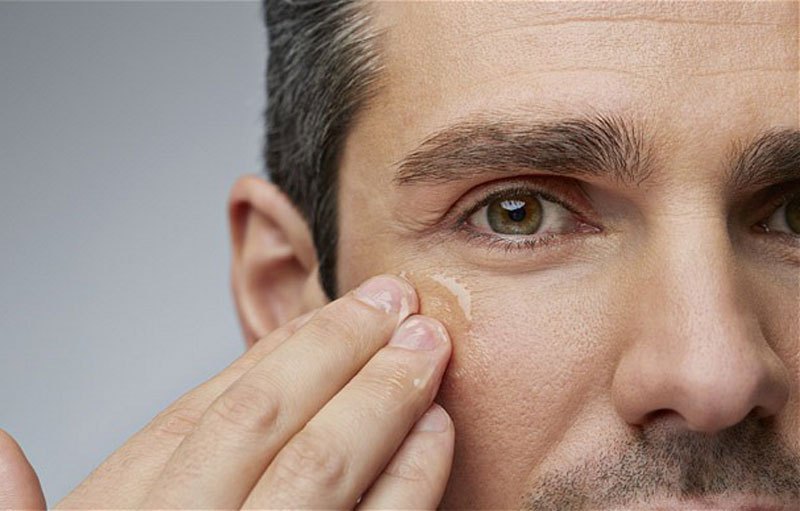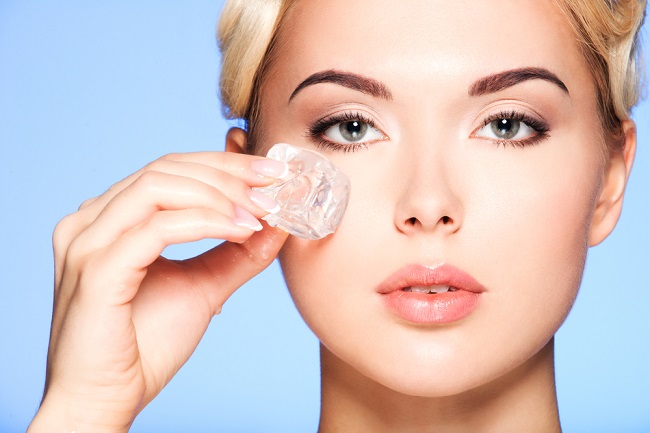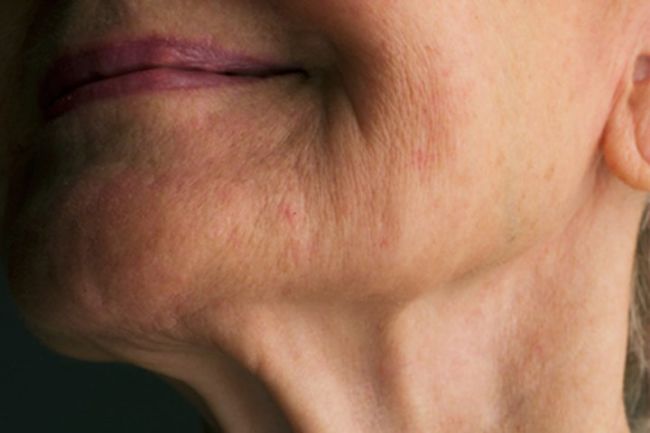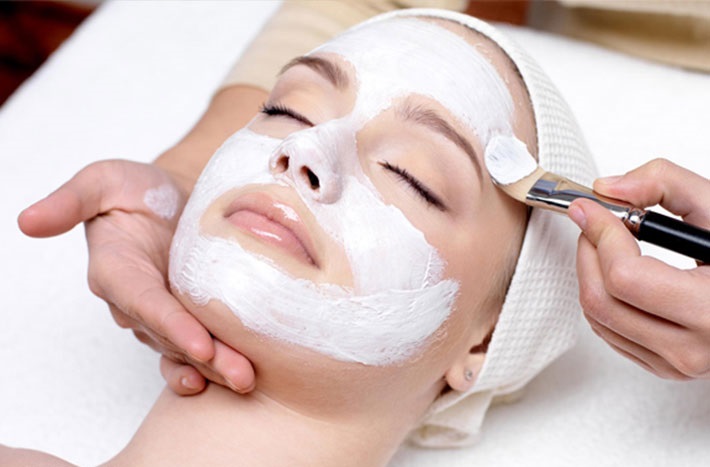Dilated pores in the skin do not present health risks, but they can bother the skin’s appearance and increase oiliness of the face. To better understand why pores dilate, how to avoid and treat the problem, here are some of the most important tips about it:

What causes pore dilation and what are its main effects on the skin?
The pores dilate due to increased sebum production by the sebaceous glands. The accumulation of residues on the surface of the skin – such as contamination and poor or inadequate feeding – also leads to pore dilation. Therefore, the effects of dilated pores on the skin are the oiliest and least uniform appearance of the face.
Do only greasy skins have dilated pores?
Dilated pores are small openings in the skin that can affect both men and women. However, they are usually more common in people with oily skin and in areas that produce more sebum and fine hair, such as the T-zone – forehead, nose and chin.
What are the main cares to prevent enlarged pores
It is recommended to cleanse the skin with seborregulatory products, the application of oil-free moisturizer and the daily use of specific sunscreen.
It is important to remember that you should not wash your face excessively so as not to cause the rebound effect, in which the body interprets that the skin is not hydration enough and ends up producing more fat to rebalance, reducing the appearance of dilated pores.
The ideal, in turn, is to maintain a diet where saturated fats are avoided, and foods rich in good fats are incorporated, such as polyunsaturated fats, usually present in fish, vegetables such as avocado or seeds.
Suitable treatments to soften dilated pores.
For those who already have dilated pores, the medical recommendation is a regular visit to the dermatologist, who will be able to provide the best treatments for each case, such as the use of acids, such as alpha-hydraxi acids, glycolic acid and retinoic acid derivatives, as well as vitamin A (retinol) and retinaldehyde.









